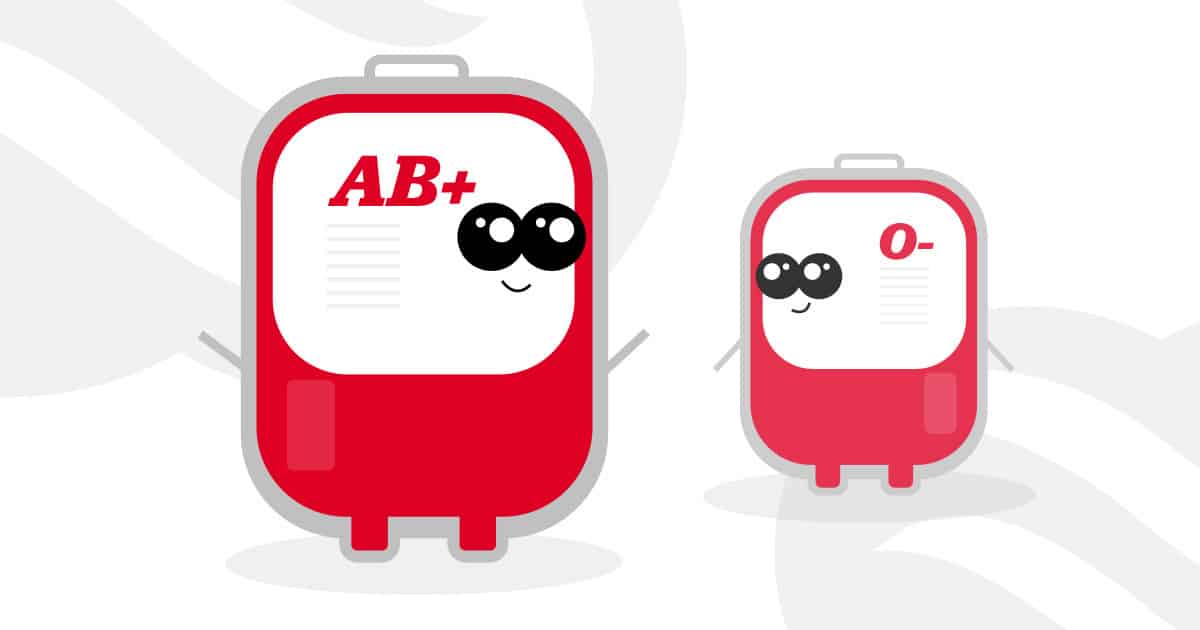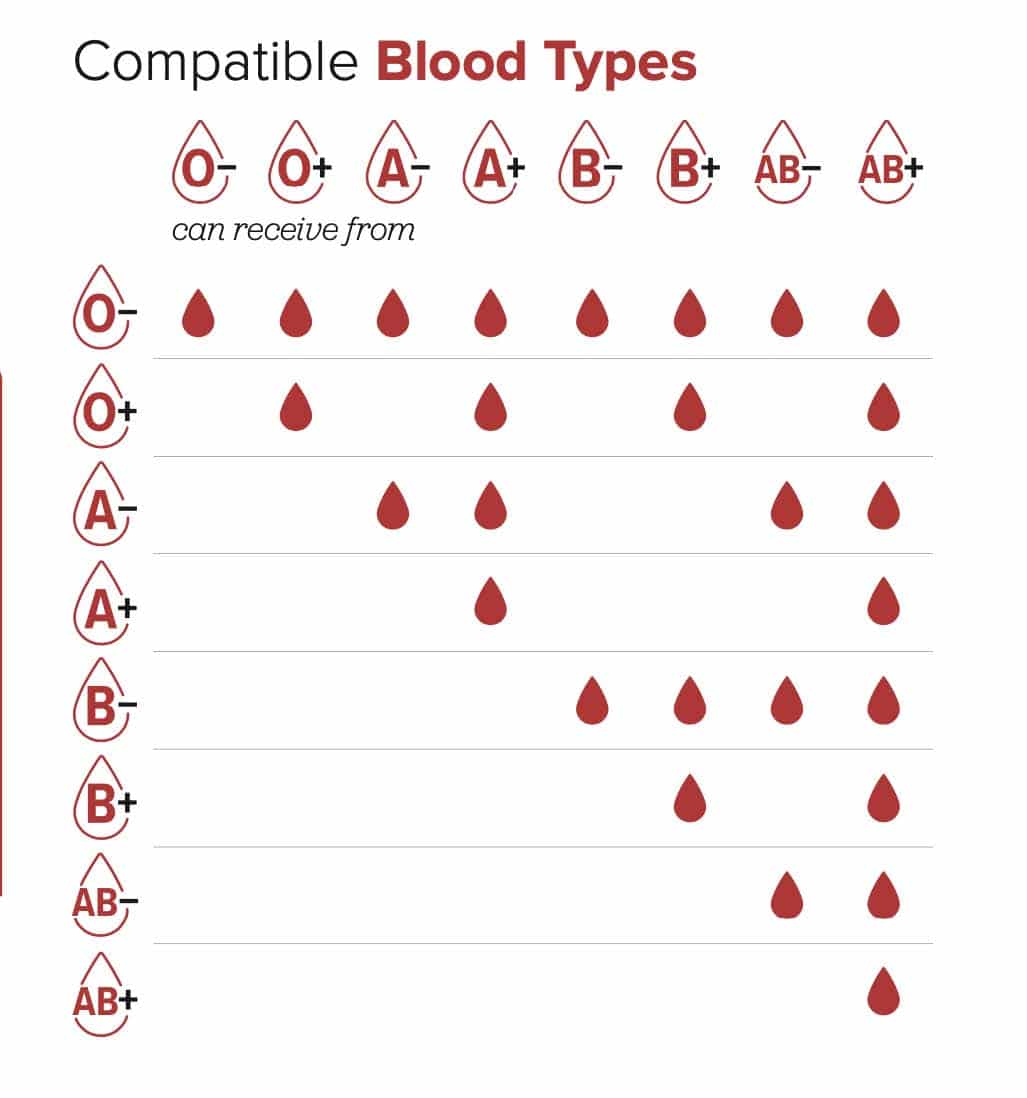
Blood Type Facts
Did you know that approximately 33% of Americans do not know their blood type?
Although knowing your blood type isn’t knowledge that most people need on a daily basis, it’s helpful information to have on hand! You never know when you might be faced with an emergency where you need a transfusion, and it’s good to be aware of how common or rare your blood type is.
While all blood might look very similar from the outside, there are some important differences on the cellular level. Your blood is unique — and you can’t simply donate or receive blood from just anyone. In this blog, we will discuss why this is the case. Let’s take a look at all things blood types, including what the differences between them are, why type matters for transfusions, and how you can determine your own blood type (hint, it’s something that TBC can help with!).
Why Blood Types Matter for Transfusions
Blood types must be matched very specifically for recipients to have a safe transfusion. Incompatible blood can trigger the body’s immune system to fight the donated blood, which can cause serious or even life-threatening complications.
A and B antigens and the Rh proteins must all be taken into consideration for appropriate blood transfusions. Rh-negative patients can only receive blood that is Rh-negative, while Rh-positive patients can receive either Rh-positive or negative blood.
There are a couple of special blood types to keep in mind with transfusions, and these are Type O- and Type AB+. Those with Type AB+ are called universal recipients, meaning that they can receive any blood type during a transfusion. Type O- blood is the universal donor, so it can be given to those with any other blood type. Because type O- is universally received, it is often in short supply in blood banks.
Blood banks and hospitals don’t want to rely on Type O- blood for every transfusion, which is why it is crucial for all blood types to donate! Yes, even common blood types are encouraged to donate as often as they can — as these common types are the ones most often needed in transfusions.
How Blood Types Are Determined
In a majority of the population, there are four major blood groups that are determined by the presence or absence of two antigens, A and B. Antigens are protein molecules found on the surface of red blood cells whose purpose is to identify foreign substances in the body, such as bacteria or viruses, and alert the body’s immune system to destroy them.
Each blood group has a different composition of these antigens:
Group A
Type A blood has A antigens on the red blood cells and B antibodies in the plasma.
Group B
Type B blood has B antigens on the red blood cells and A antibodies in the plasma.
Group AB
Type AB blood has both A and B antigens on the red blood cells and neither A nor B antibodies in the plasma.
Group O
Type O blood has neither A or B antigens on the red blood cells and both A and B antibodies in the plasma.
In addition to the A and B antigens, another factor in determining blood type is a protein called the Rh factor, which is either present or absent. Thus, there are eight blood types that someone could have; A+, A-, B+, B-, AB+, AB-, O+, and O-.

What’s My Blood Type?
Your blood type is a genetic trait inherited from your parents, much like your eye color or facial features. So, if both of your parents have Type B+ blood, it is incredibly likely that you, too, will have Type B+ blood. To find out your blood type, asking your parents is a good place to start.
However, if you need a more accurate way to find out your blood type, a great way to do this is by donating blood! When you donate blood with The Blood Connection, we will tell you your blood type and even give you a blood donor card with your blood type on it so that you don’t forget. From there, your donation will go on to save up to three lives in your local community, and you’ll receive TBC rewards for being alifesaver!
To learn more about donating blood or to find a blood donation center, contact The Blood Connection today or visit our website. We would love to chat with you and talk about how you can start saving lives today!

